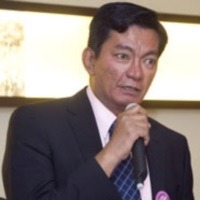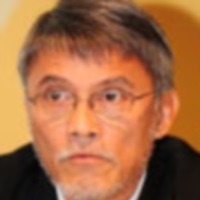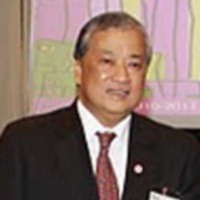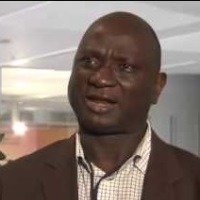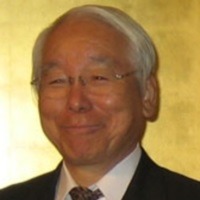
Since 2010, UNDRR has begun recognizing individuals as "Making Cities Resilient" Champions, for using their political influence to lobby for disaster risk reduction in cities throughout their country or region. Their motivation often goes beyond professional interest, spurred by a passion for public service and an abiding commitment to build community resilience. This is a non-remunerated honorary position.
WHO CAN DESIGNATE CHAMPIONSOnly the UN Secretary-General's Special Representative for Disaster Risk Reduction and head of UNDRR may designate a Champion for Making Cities Resilient, by issuing a letter of designation.
Individuals can be recognized as Champions for achievements and commitments in DRR:
- Proven ability to mobilize others to adopt disaster resilient thinking and behaviour.
- Ability to successfully influence policy and change at the national, local or community level so that laws or other policy measures are passed to reduce disaster risk.
- Ability to convey messages to at-risk people - young people, women and girls, the aging population and disabled persons - in ways proven to reduce those people's vulnerability to disaster.
- Demonstrating extraordinary commitment to the "Making Cities Resilient" campaign.
- Period of engagement of 2 years with renewal possibility.
UNDRR aims for balanced representation of Champions in terms of gender, countries and regions.
The role of Champions is to connect with - and convince - government officials at all levels, high-profile thinkers, innovators and entrepreneurs whose activities can catalyse action to address current challenges in DRR:
- Lack of multi-hazard risk assessments and dedicated budget lines for risk reduction;
- Failure to record and report disaster losses in a comprehensive manner;.
- Not enough resources are allocated to local governments for disaster risk management;
- Limited data on localized losses and difficulties connecting local context with national monitoring systems, loss accounting and risk assessments.
As a steward of the world's disaster risk reduction agenda and a clearinghouse for disaster resilience information, UNDRR is to provide Champions with on-call assistance that is needed to advocate on behalf of resilient cities.
In support of UNDRR's mandate, Champions can help secure tangible commitments from other high-profile individuals to create an enabling environment for disaster risk reduction to take place.
Tangible commitments are needed most from:
- Heads of State or Government
- Parliamentarians
- Local government officials
- The private sector
- The media
- Civil society leaders
- Youth leaders
- Members of gender networks
- Members of community-based organizations
An enabling environment is needed to:
- Allow governments to enact pro-disaster risk reduction legislation and secure funding for such measures.
- Foster partnerships between public and private entities to implement disaster risk reduction initiatives.
- Trigger projects with concrete outcomes for disaster risk reduction.
- The international Global Platform for Disaster Risk Reduction attended by stakeholders ranging from Heads of State and Government to grassroots organizations.
- Regional and National Platform meetings organized in conjunction with national governments around the world.
- The worldwide commemoration of the International Day for Disaster Risk Reduction, 13 October.
- The prestigious UN Sasakawa Award for Disaster Reduction, given out every two years.






